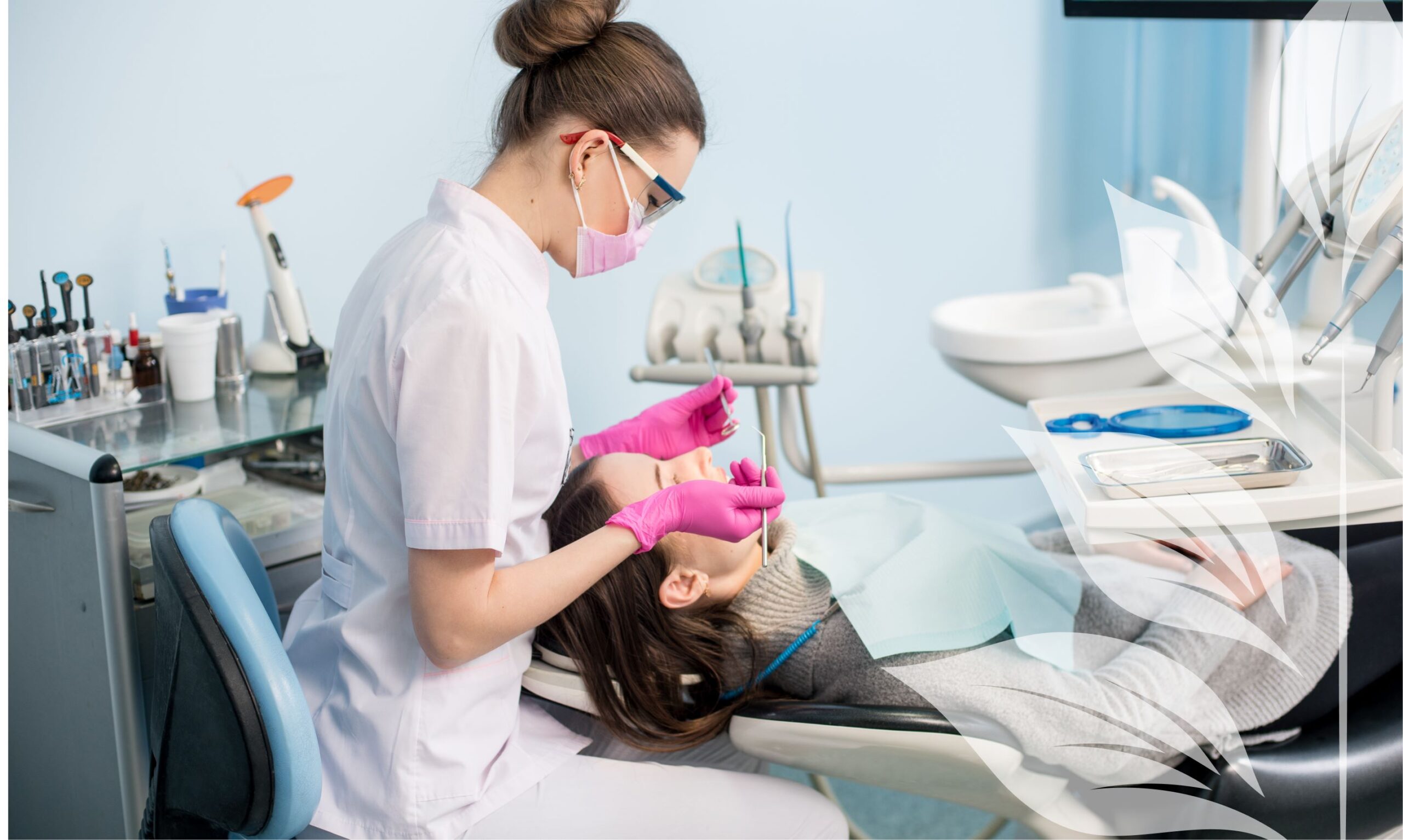Did your dentist suggest a dental crown? Here’s Why.
Dental crowns are among the most widely used treatment options in restorative dentistry. The dental crown procedure involves removing some natural tooth material and applying an artificial cap over the tooth, providing protection and strength.
There are many reasons you might require a dental crown. Here are five of the most common.
1. Serious Tooth Decay
Tooth decay can affect patients with varying degrees of severity.
Some patients have only minor tooth decay—they can receive a simple filling and move on without any serious concerns as long as they maintain good oral hygiene. However, some tooth decay is too extensive for fillings and may require a crown instead.
Tooth decay causes teeth to deteriorate. If enough of the tooth is affected, a filling might not be able to help. Fillings are more suitable for filling small holes. They can’t reconstruct a significant portion of a tooth. A dental crown, on the other hand, can replace a large amount of decayed material while providing stability to protect the rest of the tooth.
2. Root Canal Treatments
When a tooth is very decayed, infected, or physically damaged, a root canal treatment may be necessary to avoid a tooth abscess.
A root canal involves removing the pulp and nerve tissue from inside the tooth. To do this, the dentist opens a large hole in the chewing surface of the tooth to access the tissue inside.
Filling materials can sometimes be used to restore the surface, but they often wear down and can suffer other damage. Placing a crown over the affected tooth provides a strong and durable chewing surface that will stand the test of time.
3. Chipped or Broken Teeth
Chipped or broken teeth are a common occurrence. Minor chips and cracks can sometimes be restored using composite resin, but not always. When a tooth is heavily damaged, a crown may be the best option.
A crack or chip can compromise the integrity of the entire tooth. Removing the damaged material and installing a crown keeps the interior of the tooth healthy and intact while providing a stronger, brighter-looking outer cap.
4. Worn-Down Teeth
Gradual wear from grinding and other bad habits can lead to a variety of problems. Ideally, this wear will be identified during a routine dental check-up so that only minor interventions are necessary; but sometimes, worn teeth are serious enough to warrant a dental crown.
The kind of wear that causes bad teeth renders them susceptible to physical damage, tooth decay, and other issues. A dental crown provides a fortified surface that prevents these issues from developing.
5. Replacing a Damaged Crown
Dental crowns are made of durable materials to provide long-lasting protection for your teeth. They’re made to stand up to the everyday stress of chewing and can resist many other types of damage but they don’t last forever.
Most dental crowns fulfill their intended function for around 15 years and can last upwards of 25 years with proper care. In that time, they’ll likely wear down or become cracked or broken by physical force. When this happens, they can generally be replaced quite easily.
When is a crown the right restorative option?
Dental crowns are just one potential restorative treatment option for damaged teeth. However, a crucial aspect of crowns is that they rely on the underlying tooth for support. If a tooth is missing or must be extracted for health reasons, a dental crown can’t serve as a replacement.
Fortunately, dental implants can be used to support crowns if one or more teeth are missing entirely. Bridges are another option. For cosmetic damage, dental veneers provide great restorative results.
The only way to know for sure which restorative treatment is right for your needs is to schedule a consultation with a qualified dental professional.
Why should I choose a dental crown?
Saving the natural tooth is always the best outcome in terms of long-term oral health. In cases where dental crowns are required, the alternative is often the complete extraction of the tooth to prevent pain, infection, and other issues.
Opting for a dental crown saves the healthy roots and interior of the tooth while replacing the damaged or decayed exterior. This offers many long-term benefits, including keeping the surrounding teeth in their correct positions.
Restorative Dentistry in Griffin, GA
If you think a dental crown might be the right restorative option for your smile, reach out to Allred Family Dentistry today to request an appointment. We can discuss your unique needs and preferences and work together to determine which treatment option will give you the results you want.





